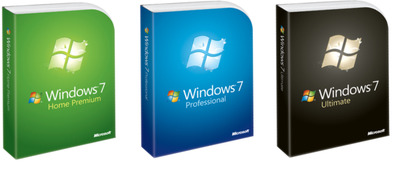Reply 40 of 84, by cyclone3d
- Rank
- l33t++
zyzzle wrote on 2022-06-11, 02:00:cyclone3d wrote on 2022-06-10, 16:53:If programs were "optimized" to reduce random reads they would need to have everything in one huge file. Every update would have to modify this huge file and then the OS would need to defragment said file and make sure that the file was not fragmented at all.
This scenario is just no feasible and would be a huge waste of time for all involved. It would also wear out the HDDs abnormally quickly.
My understanding of what a .WIM file is that it *is* just one huge file. Windows should be able to load this single, compressed file quickly on modern systems, even (gasp!) on a mechanical HD. However, the problem is all the small, fragmented crap that gets installed by other companies' unoptimizaed applications which store 1000s of tiny, wasteful files on SSDs, *and* hard drives, instead of having a .WIM like single-file. This file could be "decompressed" to memory and / or a ramdrive, where the hundreds of small individual files could be placed / kept instead. That's a form of optimization which if implemented properly, would still make mechanical drives actually usable on modern Windows. The problem is the registry, and the piecemeal placement of thousands of files. Windows itself does this. Have you seen that there are now close to *100,000* files in a default Windows installation on the drive now?!! That's absurd.... and why Windows is no longer usable on a mechanical hard dirve. Create a Ramdrive, optimize programs and windows to use it, instead.
Yeah... And I already mentioned something like that. What happens when there is an update?
